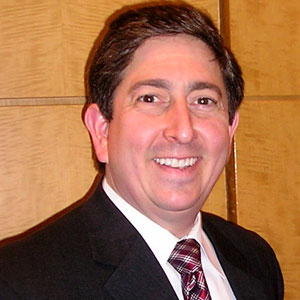
U.S. Food and Drug Administration (FDA) commissioners will commonly use their roles to enact new changes that can have a lasting effect on public health for years to come. Despite only being in his position for a few months, Scott Gottlieb, MD, is on track to make a real impression as the head of the FDA.
In a recent speech about the agency’s Risk Evaluation and Mitigation Strategy (REMS), the commissioner asserted the FDA’s leading role in determining patient safety and medical advancements. The REMS system helps to define a particular drug’s risks and benefits. It currently uses a shared system that requires brand name and generic drug companies to agree on a single submission for the system. In the past, this has led to brand name companies delaying the deployment of generic drugs through bureaucratic loopholes. Gottlieb announced that this would likely change.
“Finding ways to facilitate more efficient agreements around shared system REMS is an important public health goal,” Gottlieb said. “REMS are a vital tool for ensuring the safe use of certain drugs that have unique risks associated with their prescribing. Implementing REMS programs requires a coordinated effort and oversight across the health care system.”
The FDA has released a draft guidance for the industry to help efficiently integrate REMS into its processes. The new procedures remove the requirements for each manufacturer to submit files individually. Allowing for a master file for submissions will likely save time and reduce bottleneck.
Although the change doesn’t directly affect the day-to-day lives of healthcare providers, having quicker access to generic drugs can make all the difference in the long run. Patients rely on generic drugs to help cut costs and prevent issues related to financial toxicity and problematic insurance claims.
Ultimately, the FDA continues its commitment to streamlining medical processes in order to get medications to patients who need them. Gottlieb said he hopes the FDA will continue to lead the way in public health, medical advancements, and safety initiatives during his administration.






